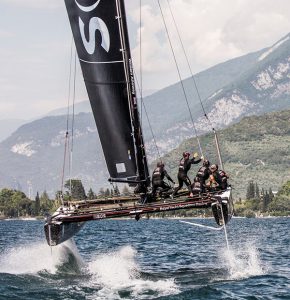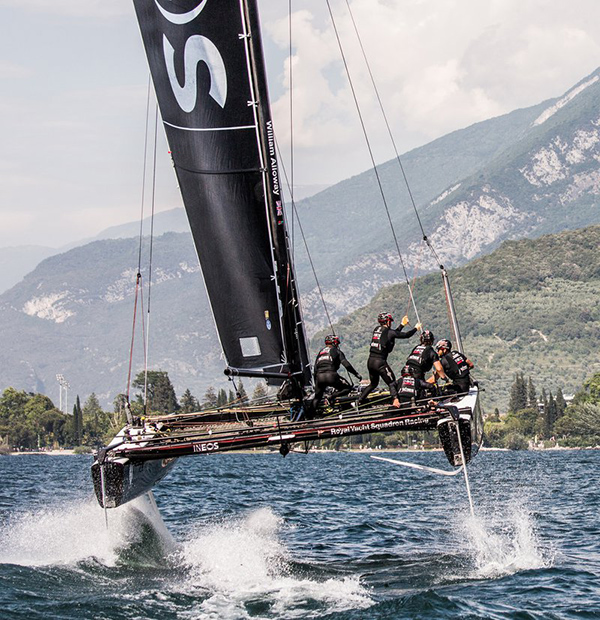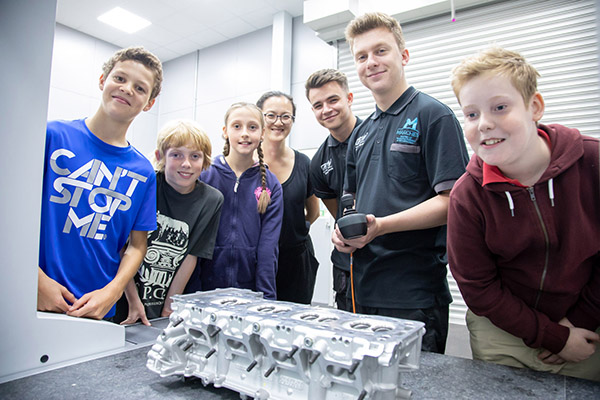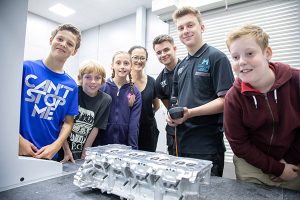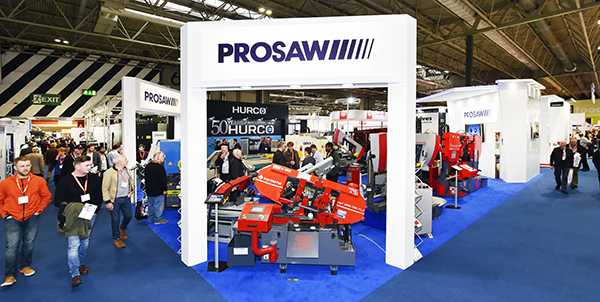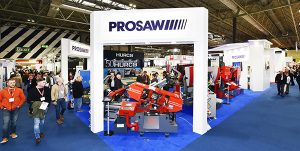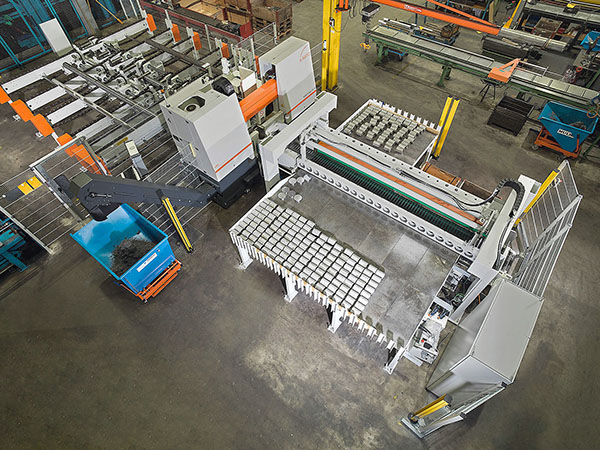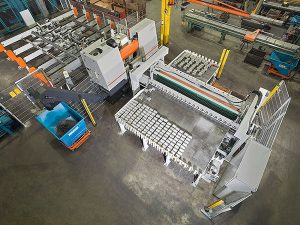When reinventing an automotive icon, manufacturers are required to preserve the ethos of the original model while bringing the concept in line with modern technology. A difficult balance to achieve, but one that seems to have been struck by LEVC (London Electric Vehicle Company) and its new TX, an advanced electric taxi. To attain the performance and efficiency levels demanded of modern vehicles, the TX represents a complete redesign compared with its predecessors. Helping to enable this new approach, LEVC requested the involvement of automotive supply chain and fastener expert, Optimas Solutions.

The TX combines recognisable aesthetics with modern solutions. A large battery pack and electric motor provides a pure EV range of over 70 miles, while the petrol range extender, a portable generator for the battery, takes the total range of the vehicle up to 377 miles. The electric taxi will help meet ever more stringent emissions level restrictions in London and cities across Europe.
For passenger comfort, the TX features a six-seat configuration and a forward-facing wheelchair position, coupled with a panoramic glass roof to improve the interior environment. On-board Wi-Fi, as well as laptop and USB charging ports are available as standard. Ease of accessibility is achieved via the utilisation of carriage doors. Furthermore, the TX has a fully aluminium body in order to save weight and improve range, while delivering an extremely safe vehicle.
However, redesigning an icon from the ground up requires consistent thinking from the smallest component upwards, as Ian Carvell, European engineering director at Optimas explains: “Specifying suitable fasteners and bolts to achieve a pioneering vehicle, while minimising the cost to the manufacturer, is a fine balance. That is why at Optimas we involved ourselves from the initial design phase of the TX project, so we could begin rationalising component options from the first preliminary builds. Through this methodology, we could work in tandem with LEVC to tackle the engineering challenges associated with a new vehicle platform.”
Optimas specialises in working in conjunction with manufacturers to recommend, specify and standardise parts that the business supplies for the production of a particular vehicle. The primary goal in most cases is to develop an efficient approach with regards to the specification of components, offering solutions that are already available or can be easily adapted from the Optimas portfolio for a vehicle application. This serves to reduce lead times for parts, which is of the utmost importance in the R&D stage of a vehicle.
Daniel Pereira, UK engineering manager at Optimas and a key proponent of the project, expands: “What we are trying to achieve is increased supply chain simplicity by offering suitable alternative parts that can be delivered to tight deadlines. For example, one of the first hurdles of the project was to ensure that verification prototypes were ready for the winter testing and shakedown season. Missing this window would delay the project by a year, which is unacceptable to LEVC and its investors. Therefore, we utilised parts that were reliable and freely available, or engineered alternatives where there was no stock forthcoming to ensure that LEVC could adhere to its testing schedule.”
Speed of response to component requirements was enabled by Optimas representatives being present at LEVC’s new production facility from day one. By collaborating with LEVC from the beginning of the project, the company was able to provide exact design solutions for a range of complex applications. Familiarity with the demands of the project meant that Optimas could utilise its expertise to tackle specific challenges. Furthermore, the swiftness of response from Optimas meant that the R&D schedule for the TX could be upheld, reassuring investors and granting LEVC more time to tackle further project demands.
“We held weekly ‘fastener clinics’ at three different design consultancies [Ricardo, Envisage and Emerald], so we could keep pace with the changing requirements of LEVC throughout the R&D process,” says Carvell. “Through this regular contact, we were able to actively manage and mature the bill of materials in order to supply parts for various TX prototype stages to tight deadlines, despite the fact that many of the application challenges did not have officially released components. Considering the TX incorporates over 2000 individual parts designed specifically for the project, it was vital we kept regular contact to ensure we could integrate seamlessly with LEVC’s component requirements.”
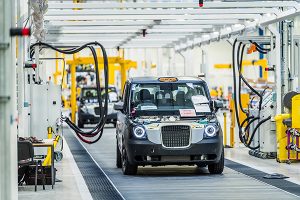
Pereira adds: “By offering component solutions that were freely available, we were able to avoid the delays caused by sourcing bespoke tooling, the quoting process or incurred via a complex logistics chain, which all serve to threaten demanding deadlines. Furthermore, through this approach we are able to pass reduced costs on to the manufacturer, so that they can utilise budget to maximum effect during what is a capital-intensive process. It’s the size of our portfolio that allows us to offer this versatile approach, which has been fostered through our experience in supplying parts to high-volume and premium vehicle manufacturers alike.”
“The London black cab is instantly recognisable, and an engrained part of automotive culture,” says Carvell. “To be involved in a project of such national importance is of course a great satisfaction. Throughout our involvement, we have tried to aid LEVC in creating an efficient transport icon for the future by smoothing the supply chain, offering ease of specification, reliability and a cost-effective approach.”
Phillip Bracken, procurement director at LEVC, says: “Throughout the prototyping stage of the TX, Optimas has been a dynamic fastener partner who has helped us to achieve application goals to demanding schedules at a competitive cost point. With this proof of expertise, Optimas was the natural choice to bolster our production activities from a fastener standpoint, so we are delighted to grow this partnership to further support our future activities.”
The TX will be introduced to British roads over the course of 2018, with models due to be exported to cities in Europe and Asia. LEVC boasts the capacity to produce 20,000 units at its new £325m production facility. With the help of Optimas, the TX will preserve the ethos of one of the most recognisable vehicles on the roads today.
For further information www.optimas.com
